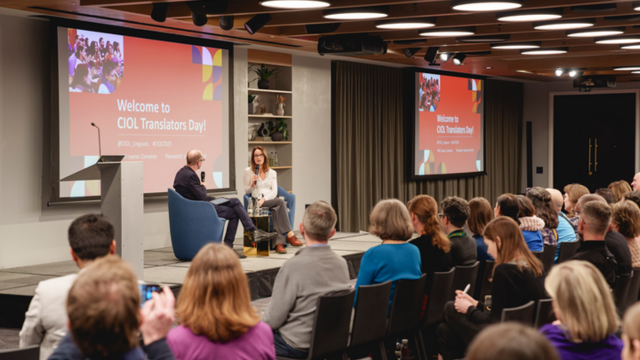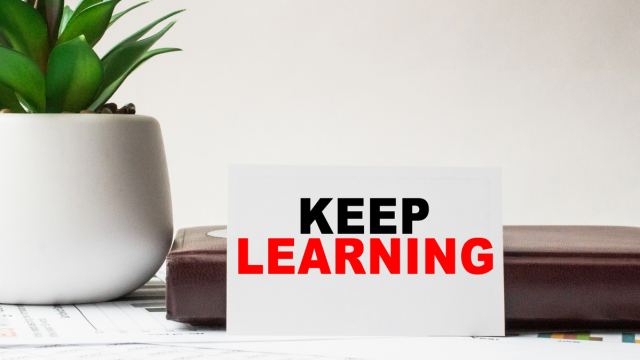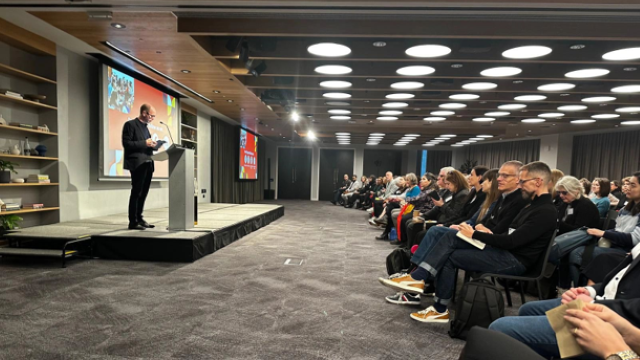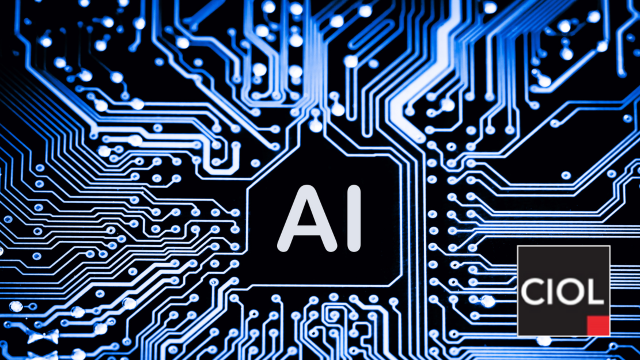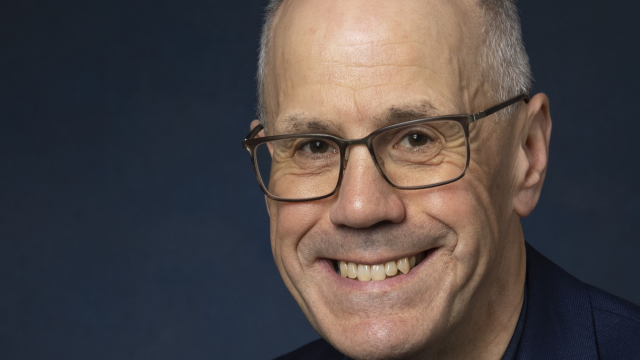-
QUALIFICATIONS
- For Linguists Worldwide
- For UK Public Services
- Preparation
- Policies & Regulation
-
MEMBERSHIP
- Join CIOL
- Membership grades
- NEW for Language Lovers
- Chartered Linguist
- Already a member?
- Professional conduct
- Business & Corporate Partners
-
ASSESSMENTS
- For Second Language Speakers
- English as a Second Language
-
EVENTS & TRAINING
- CPD, Webinars & Training
- CIOL Conference Season 2025
- Events & Networks
- CIOL Mentoring
-
NEWS & VOICES
- News & Voices
- CIOL eNews
- CIOL Awards
- The Linguist
- Jobs & Ads
-
RESOURCES
- For Translators & Interpreters
- For Universities & Students
- Standards & Norms
- CIOL & AI
- All Party Parliamentary Group
- In the UK
- UK Public Services
- Find-a-Linguist
International Translation Day 2024 – Translation, an art worth protecting
By Alison Rodriguez
As September gets ever closer, I’m delighted to share that the International Federation of Translators’ theme for International Translation Day 2024 is “Translation, an art worth protecting”.
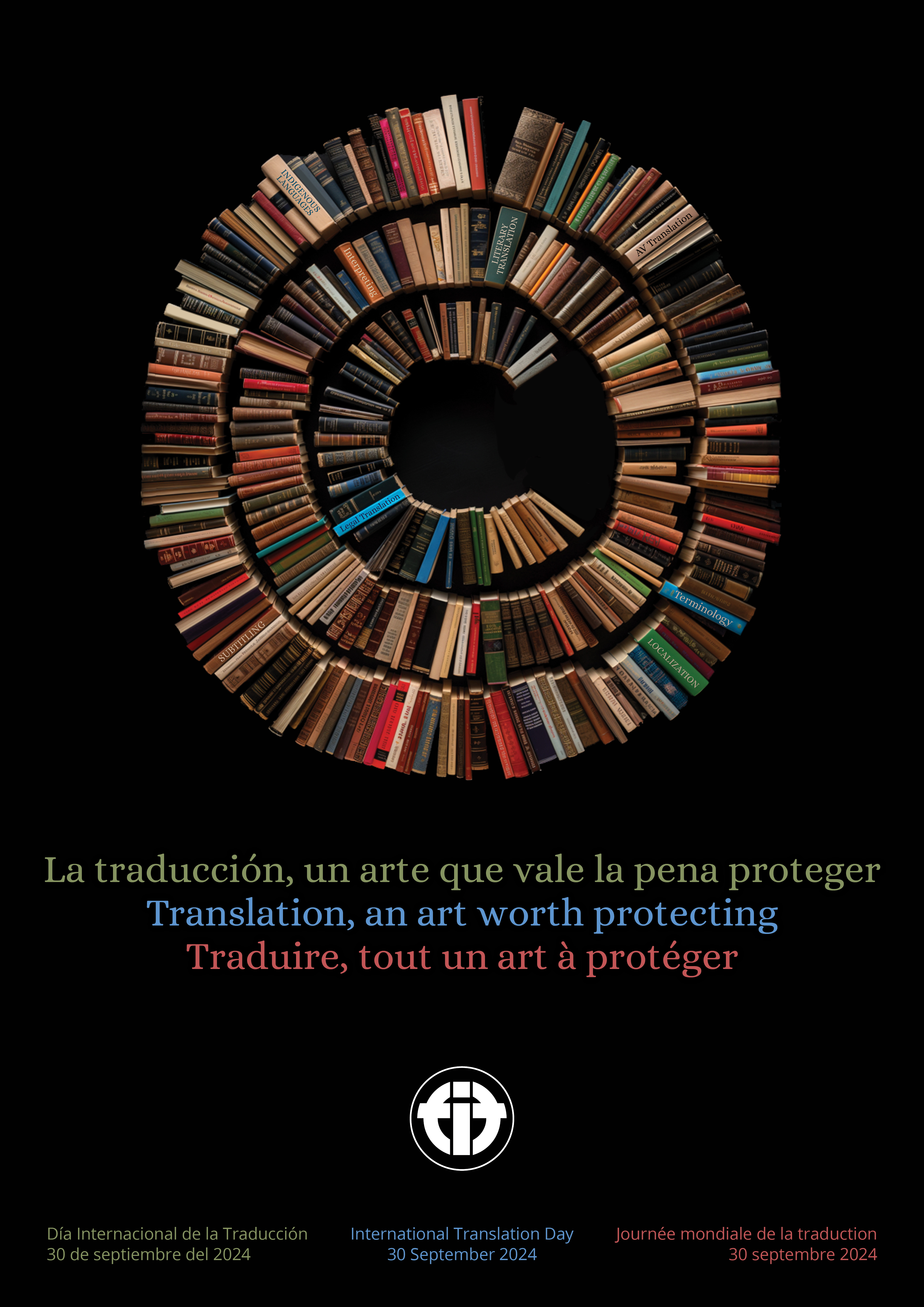
International Translation Day (ITD) has been a key date celebrated in the FIT calendar for over 35 years, with FIT Council creating an annual theme as the focus for the celebrations. In 2017, after many years of FIT laying the groundwork and making the case, United Nations General Assembly Resolution 71/288 recognised 30 September as International Translation Day, a day to be celebrated across the entire UN global network.
On this day, we honour the contribution of professional translators, interpreters and terminologists who help connect nations, foster peace and global development, and we focus on translation’s important political and cultural role as a key element of successful multicultural, multilingual societies. The full UN Resolution affirmed that translation is an art; one that “plays an important role in …bringing nations together, facilitating dialogue, understanding and cooperation”.
Inspired by issues surrounding copyright, this year’s theme recognises the inherent value of translation, and highlights the need to preserve our craft, our profession, and its future. We aim to do this through copyright promotion and education; protecting our profession by speaking out against the hype that proposes Artificial Intelligence as a replacement for humans; and ensuring the future will see new professionals equipped with the skills they need to succeed in a digital future. We do all this in the name of safeguarding our profession and the historic art of translation, and of those aspects of our humanity that depend on it.
FIT has long been concerned with copyright, particularly its impact on literary translators. We collaborate with our partners such as WIPO, the International Authors Forum, UNESCO and CEATL on the wider copyright challenges in the era of artificial intelligence (AI). From copyrighted material being used to train AI engines without permission, to copyright-related issues in the use of translations in the cultural sector and AI interpreting, the implications of copyright protections for translators, interpreters and terminologists have increased exponentially.
Sometimes the tsunami of AI hype feels as if it will swamp all traces of the human with its promises of ‘faster, cheaper and easier’. We see many businesses rushing to implement AI and take advantage of the benefits, without consideration of the downsides and dangers, and are left wondering what’s being lost – what will remain when the tide recedes? AI has a long way to go before it lives up to its hype in the field of translation. History is littered with examples of unintended consequences of new technology, which is why we should consider ethical and other questions around AI carefully.
To be clear, AI is not a zero-sum game between humans and machines, nor do the pros and cons cancel each other out. The reality is a lot more nuanced and complex than that, but what is evident is that the future for all professions will involve complex human interaction with and incorporation of technology.
Translators have been working with technology for decades now, so we’ve had time to get used to this version of the future – and we have a much clearer vision of what’s at stake. The need for translation and interpreting will not disappear with the development of AI and the expansion of the digital sphere. What we will see is a prioritising of professionals with high linguistic skill. Automatic translation for ‘low stakes’ communication is making society more aware of today’s multilingual and multicultural reality. It’s only a matter of time before it becomes apparent that skilled professional translators and interpreters are essential for ‘high stakes’ communication, where confidence, accuracy and fluency are indispensable.
Human connection and communication are important to every fully functioning society, and therefore, so is translation. It's reassuring to note that many organisations, from UN agencies to national governments and universities, are introducing policies on AI implementation and ethics, around responsible use and recognition and the mitigation of potential harms.
ITD is also a perfect moment to reflect on the importance of deflecting the AI hype of today to protect the profession of tomorrow. Embellished anecdotes around translation as a ‘disappearing art’ dissuade students from studying languages and translation. As part of our priority to ensure a sustainable profession, FIT promotes its members’ initiatives to train, support, mentor, and award emerging translators, interpreters and terminologists at vital stages of their careers. The next generation technology will need a new generation of professionals!
We hope you’ll join with FIT and the global profession this 30 September as we celebrate this art worth protecting: protecting the art of translation itself, protecting copyright and related rights, and protecting the next generation, thereby ensuring translation’s future and sustainability.
You can download a copy of the ITD poster from the FIT website.

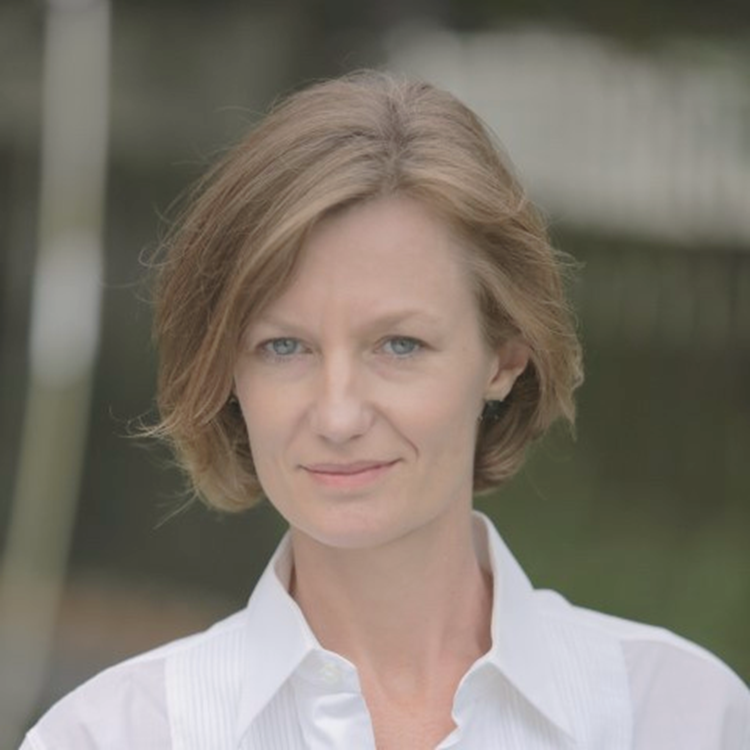 Alison is President of the Fédération Internationale des Traducteurs (FIT). A linguist and translator in legal/human rights and technical fields, she also has diverse experience in strategy, policy and promotion of the arts. She is known for her strong advocacy of multilingualism, multilateralism, and indigenous language revitalisation. She also has an interest in the ethics of AI, and in promoting International Translation Day, marking 30 September as the premier day to celebrate the work of translators, interpreters and terminologists around the world.
Alison is President of the Fédération Internationale des Traducteurs (FIT). A linguist and translator in legal/human rights and technical fields, she also has diverse experience in strategy, policy and promotion of the arts. She is known for her strong advocacy of multilingualism, multilateralism, and indigenous language revitalisation. She also has an interest in the ethics of AI, and in promoting International Translation Day, marking 30 September as the premier day to celebrate the work of translators, interpreters and terminologists around the world.
Views expressed on CIOL Voices are those of the writer and may not represent those of the wider membership or CIOL.
Filter by category
More
The Chartered Institute of Linguists (CIOL), Incorporated by Royal Charter, Registered in England and Wales Number RC 000808 and the IoL Educational Trust (IoLET), trading as CIOL Qualifications, Company limited by Guarantee, Registered in England and Wales Number 04297497 and Registered Charity Number 1090263. CIOL is a not-for-profit organisation.

